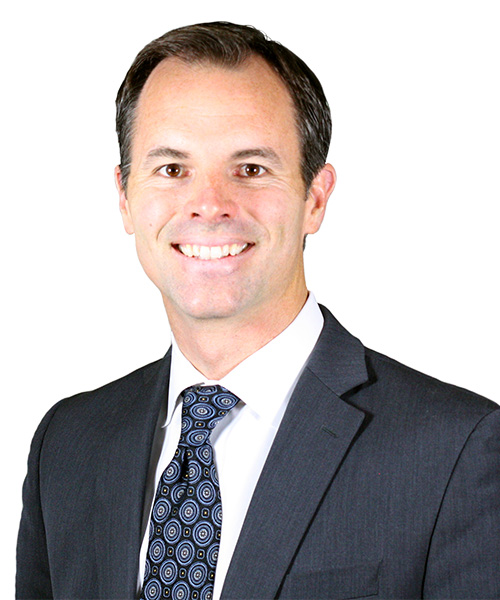CareTrust REIT is “open for business,” emphasized president and CEO David Sedgwick during the company’s cautiously optimistic third-quarter earnings call Wednesday.
Fresh off a $52 million deal for six skilled nursing facilities and one multi-service campus in Ohio that closed at the end of the quarter, CareTrust is expecting to be a big player in the year ahead.

“Prices are coming down almost daily,” chief investment officer Mark Lamb said. “The end of the public health emergency will be the end of the line for a lot of operators, so I would expect mid-next year to see more distress. We’re seeing quite a few portfolios on the market losing significant dollars.
“REITs are in pretty good position to pick and choose what works for us and our operators. We’re six to 12 months from pricing coming down significantly. That doesn’t mean we won’t be acquisitive and look for specific assets that fit out operators and their geographies where they have the best human capital and leadership to turn those assets.”
Sedgwick said CareTrust will be aggressive, confident from a five-year year total shareholder return of 22% through the third quarter. It had average quarterly occupancy for skilled nursing operators growth of 0.7%, or 53 basis points, over the second quarter of a busy year.
“There’s going to be so many opportunities in the coming months with facilities that have lost their way and just need a new operator, and fresh leadership can really move the needle,” he said. “We can either watch that or participate in it, and I think we have enough really capable operators who have a history of adding value and pulling the appropriate levers to both quality care and the employees and the culture that translates down to financial performance that you could see us doing deals next year.”
Sedgwick was asked what data he’ll be looking at when considering the health of facilities specifically, and the sector in general.
“We really want to see agency usage come down in a meaningful way,” he said. “The best sign of stability is for an operator to have essentially no third-party temporary agency staffing. Not only is it expensive but it’s a detriment to quality care and culture within any facility. While those remain high, it’s going to be a bit of a restraint on occupancy growth.”
To read additional coverage of this earnings call, see McKnight’s Senior Living and the McKnight’s Business Daily.



